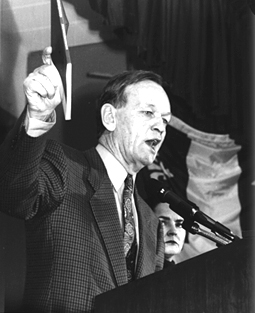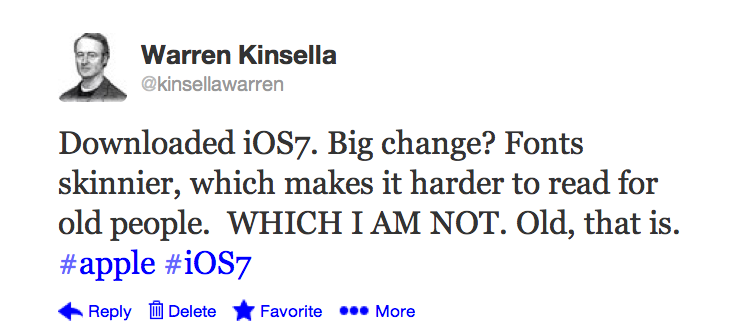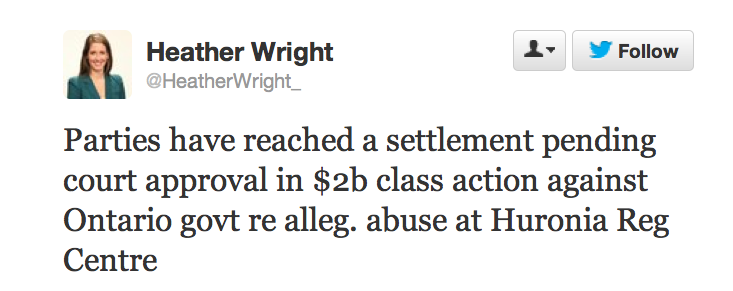Politicians don’t get credit for very much most days. So, credit where credit’s due: Federal leaders have acquitted themselves well in the days since the Parti Quebecois unleashed its bigoted “charter.”
They could have remained quiet. They could have maintained what Brian Mulroney once amusingly called “a courageous silence.” But they didn’t.
Federal Liberal Leader Justin Trudeau was the first to denounce the PQ’s scheme, which will see the wearing of religious symbols outlawed in public places. Despite the fact he has been dismissed as a policy lightweight — despite the fact he represents a francophone Quebec riding, where the broad outlines of the charter arguably remain popular — Trudeau roundly condemned the hateful proposal. He even met with Quebec’s loathsome premier, Pauline Marois, to express his opposition face-to-face.
NDP boss Thomas Mulcair at first seemed intent on avoiding any comment on the charter. When pressed, Mulcair — who, like Trudeau, knows a deep vein of nativism runs through Quebec politics — would only say the charter was a “trial balloon.”
But when the foul document was unveiled, Mulcair did not hide. Speaking from a New Democrat caucus meeting in Saskatchewan, Mulcair roundly condemned the PQ plan. Calling it “worse than we feared,” Mulcair, whose caucus is made up with more than a few who have voted for sovereignty in the past, said he, too, would oppose the Parti Quebecois charter.
And Conservative Leader Stephen Harper, the prime minister of Canada? Initially, he was completely mute on the subject, which has the potential to preoccupy national politics for months. Harper admitted he was being cautious, because “the separatist government in Quebec would love to pick fights with Ottawa.”
He went on: “Our job is making all groups that come to this country — whatever their background, whatever their race, whatever their ethnicity, whatever their religion — feel at home in this country and be Canadians. That’s our job.”
Indeed it is. After the full putrescence of the PQ’s ethnic jihad became clear, Harper sent out one of his key ministers, Jason Kenney, to warn a constitutional challenge — which Ottawa would win easily — is likely. Kenney went even further, calling the PQ plan something out of Monty Python. And, amusingly, Kenney even made certain to be photographed wearing the sort of head covering Marois’ cabal wish to render illegal.
So far, so good. What will happen next?
Early indications are that things are not going swimmingly for the Parti Quebecois. A Bloc Québécois MP denounced the plan, and then was expelled from the party exposing a nasty rift within separatist ranks along the way. Public enthusiasm for the proposal has seemingly dissipated in Quebec.
Premiers in British Columbia and Ontario have said they welcome all people, of all ethnicities. Municipal leaders have made appeals for Quebecers to move to Alberta and Ontario.
Meanwhile, in the rest of Canada, folks have responded in clever, effective ways. A former Dalton McGuinty staffer developed a popular ad campaign for an Ontario hospital, advising Quebec medical professionals that Ontarians value what is in one’s head, not what is on it.
The battle for a diverse, united Canada never really ends. But it has been encouraging to see our leaders (and our citizens) respond with one voice to racism and bigotry.
Comments (15)




